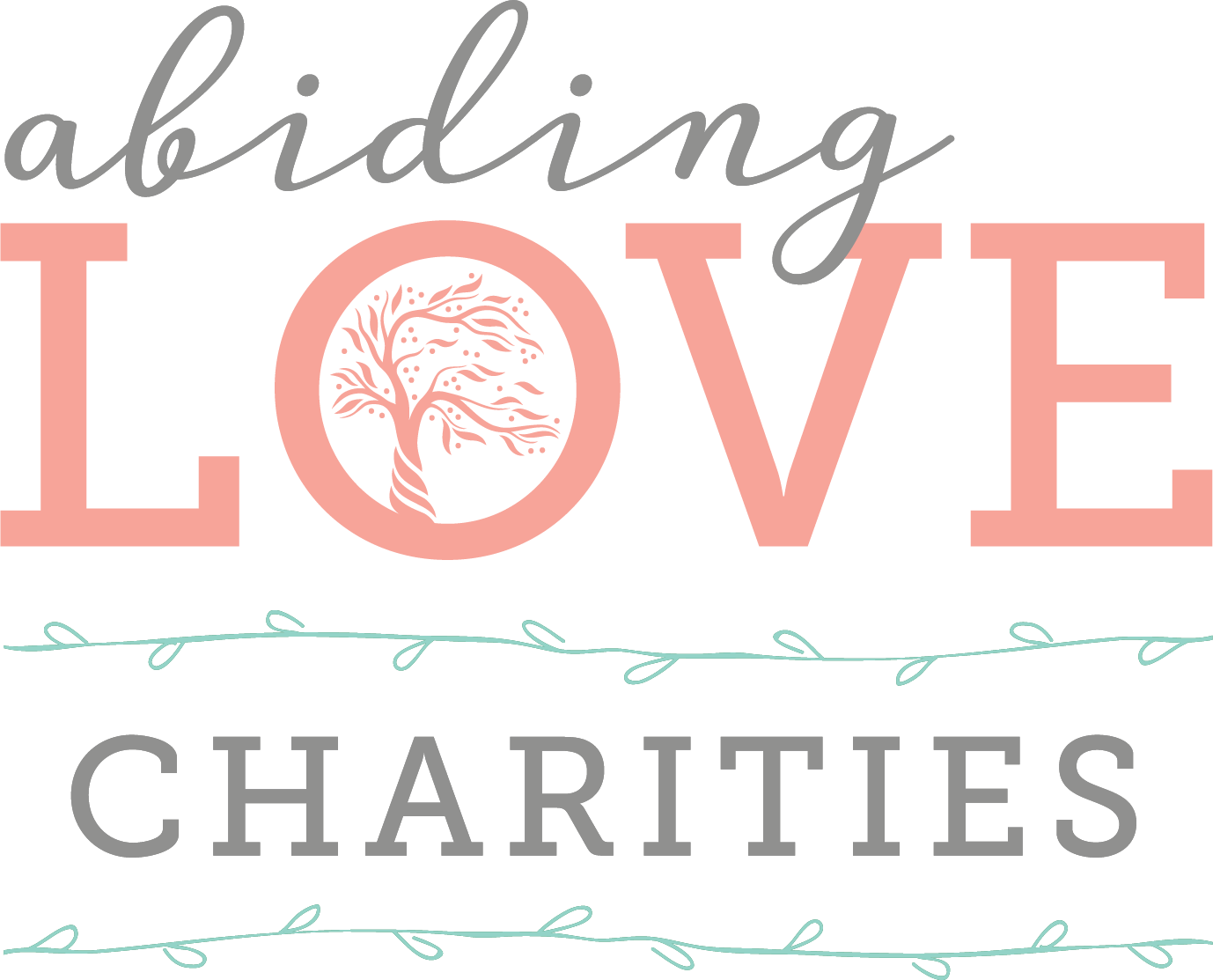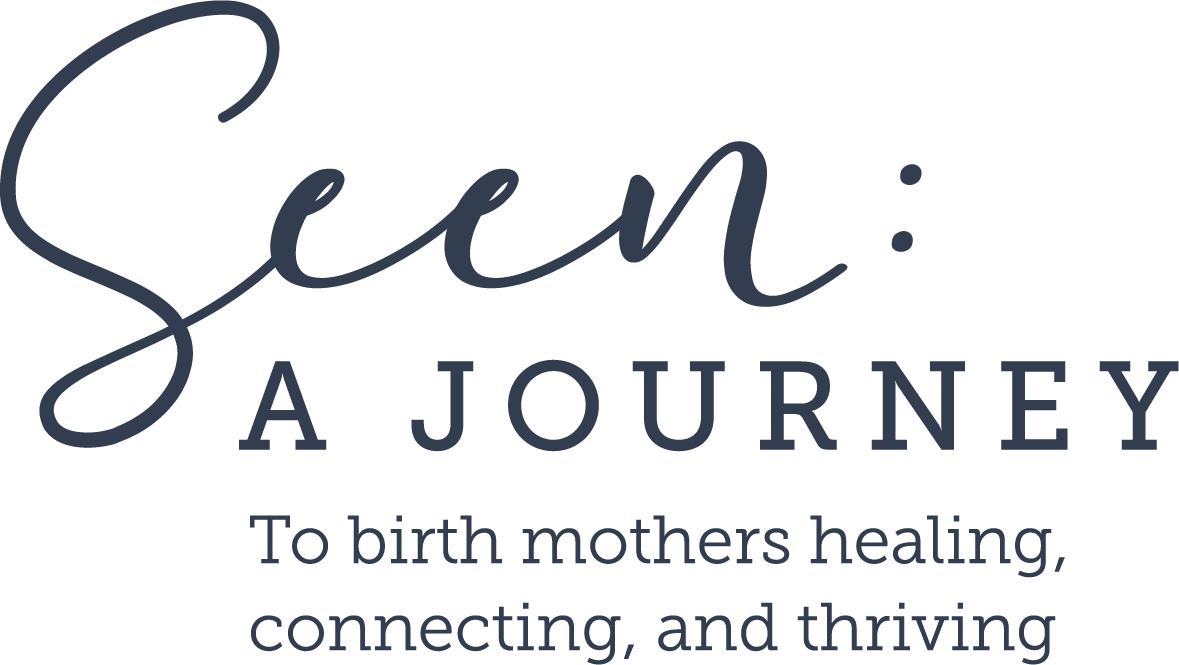When Love Doesn’t Heal
We hear it all the time, how brave and selfless we are for placing our children for adoption.
We are hailed as heroes at times and told how loving we are for making such a sacrifice.
These narratives, while said with good intentions (most of the time), can leave us feeling confused about how we should feel about our adoption.
If I did such a wonderful thing, then why does it weigh so heavily on my heart?
If I’m so loving, then why am I struggling to find support?
Hearing these messages of love can prolong a birth mother’s ability to process her grief and come to terms with the loss that inherently comes with adoption. It unintentionally minimizes the gravity of the decision and prevents birth mothers from pursuing post-placement care or finding community. Because why would a birth mother need support if placing her child is such a good thing? She should be grateful.
For many years I believed in this narrative. I didn’t think I needed support because surely my adoption couldn’t be all that bad? Surely I was fine, right?
Wrong.
I was not fine. In fact, I was far from fine. I avoided any discussion of adoption and felt uncomfortable sharing my adoption story with others. I spent years not knowing that my emotional instability and relational dysfunction was a result of the traumatic pregnancy and placement I experienced. My family and friends tried to love me the best they could during the challenging years that followed the relinquishment, but I wasn’t receptive to their care, nor did they know how to approach it in a way that would be helpful for me. Why would they, though? After all, we weren’t given much guidance into how adoption would affect my life and mental health. I did not understand my needs, so they went unaddressed.
WHAT I WISH I BETTER UNDERSTOOD ABOUT ADOPTION
Birth parents often experience complex emotions, including sorrow, loss, and even guilt. These feelings are a natural part of the adoption process and should be acknowledged and worked through in a healthy, supportive way. However, the toxic positivity that comes from messages of love and bravery, can make birth parents feel as though their emotions are wrong or shameful. When well-meaning individuals, such as adoption professionals, friends, or family, insist that birth parents should be happy with their decision to place their child for adoption, it discourages the expression of grief. Birth parents may feel pressured to suppress their true emotions, fearing judgment or misunderstanding.
HOW LOVE-ONLY MESSAGES AFFECT THE ADOPTION DYNAMIC
A birth parents’ inability, self-imposed or not, to mourn their loss may leave them to struggle with finding closure. This can affect the relationship between them and the adoptive family as the lack of closure increases insecurities within the relationship.
By insisting that everything is “love” or “good,” it can become difficult for birth parents to engage in meaningful conversations about the child’s emotional well-being. Adoption does not only affect the birth parents, it also impacts the child in ways that are complex and require a critical view to understand. Birth parents need to acknowledge and accept how the child might experience their adoption in order to fully support their own healing journey. Without an open, honest discussion of these impacts, both the birth parent and the child’s needs may remain unmet.
LOVE AND LOSS COEXIST IN ADOPTION
While we can still encourage love within the context of adoption, we need to be mindful not to promote that message to the point of erasing or minimizing the great loss and pain that comes with it.
It may feel uncomfortable for some to discuss grief and unfavorable emotions, but doing so validates the experiences of birth parents and adoptees and encourages unity within the triad.
At the end of the day, we want birth parents to find healing and adoptees to grow up to be confident in who they are. We want adoptive parents to know that they are doing a good job, and that sometimes messages of love don’t heal all wounds, and that’s OK. Remember to hold space for all the emotions that come with adoption, even the ones you may not understand or agree with. Everyone has different experiences, let’s learn from one another and use our collective perspectives to change the way society approaches adoption. Because adoption is love and loss. You can’t have one without the other.


